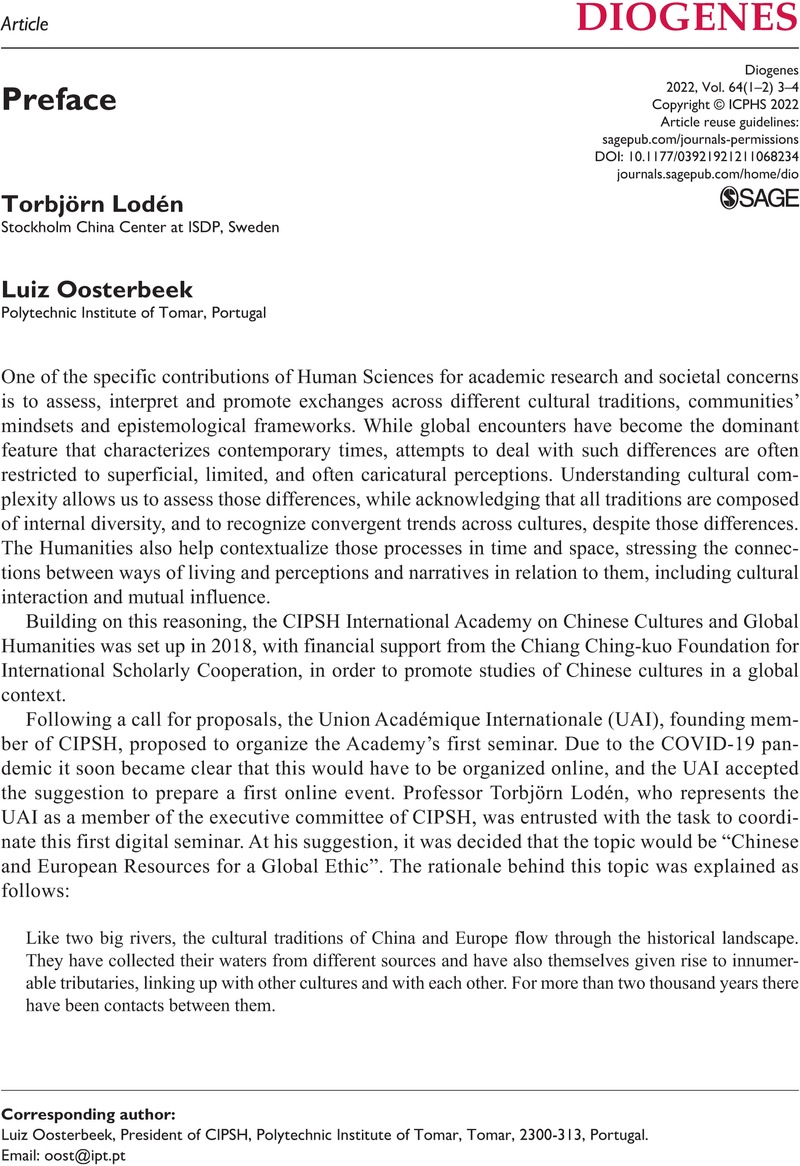No CrossRef data available.
Preface
Published online by Cambridge University Press: 01 January 2024
Abstract
An abstract is not available for this content so a preview has been provided. Please use the Get access link above for information on how to access this content.

- Type
- Articles
- Information
- Copyright
- Copyright © ICPHS 2022


